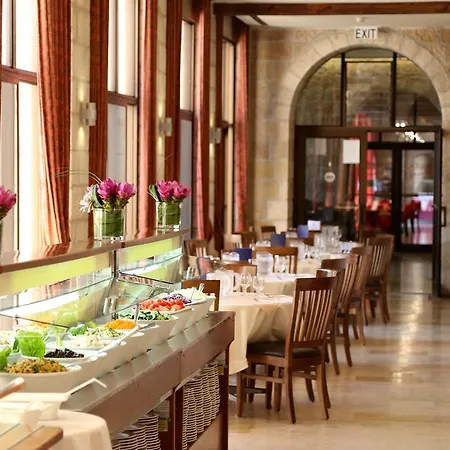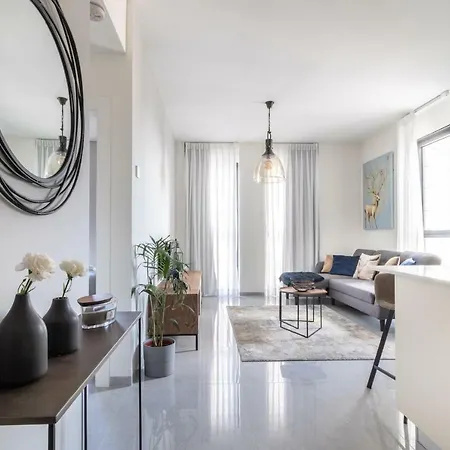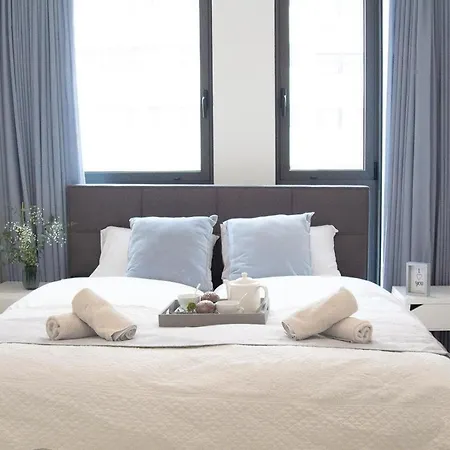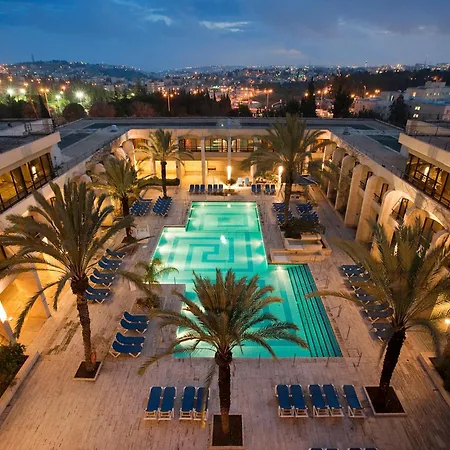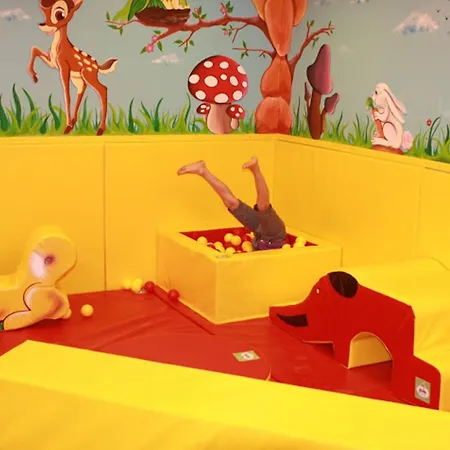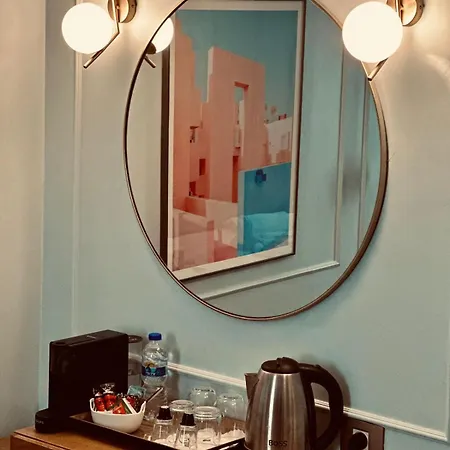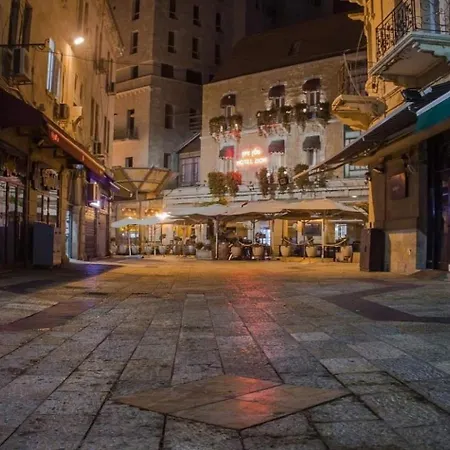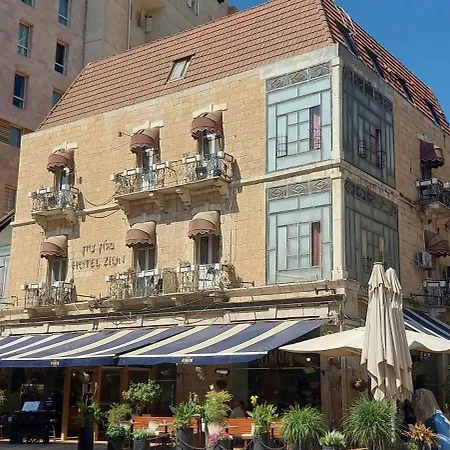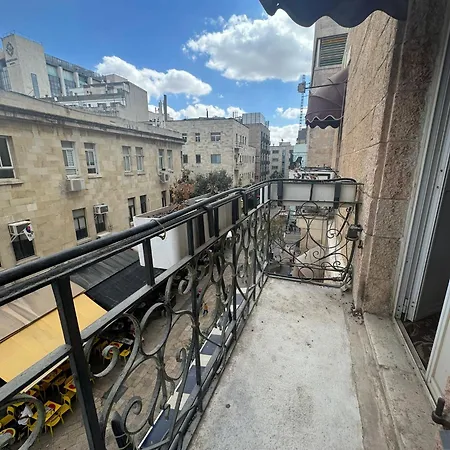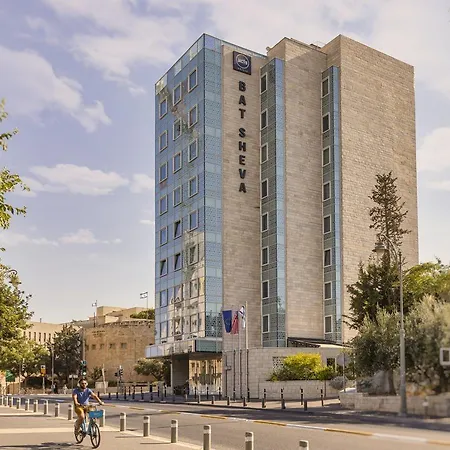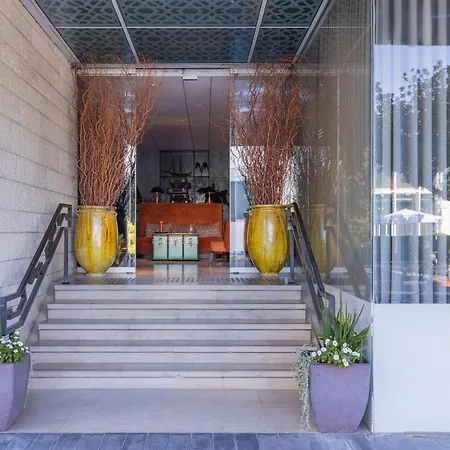Hurva Synagogue
Check Availability
Hurva Synagogue: A Testament to Resilience
Hurva Synagogue stands as a significant symbol for the Jewish community in Jerusalem. Originally founded in the early 18th century, it has faced destruction and reconstruction, mirroring the endurance of its communities.
This storied site was first constructed in 1700 by followers of Rabbi Judah HeHasid but was destroyed in 1721. It was rebuilt in 1864, only to be destroyed again in the 1948 Arab-Israeli War. Its current structure, dedicated in 2010, features remarkable architecture, including the world’s largest Torah ark and breathtaking views from its dome, drawing visitors for both spiritual and educational purposes.
Must-See Highlights
- 🌪️ Massive Torah Ark: The largest of its kind, representing Jewish heritage.
- 🌄 Panoramic Views: Observation deck offers a 360-degree vista of the Old City.
- 📜 Rich History: A living testament to the resilience of the Jewish people in Jerusalem.
Access to the synagogue is included in a combined ticket for the Jewish Quarter, making it appealing for tourists, families, and historians alike.
Interesting Facts about Natural History Museum Hurva Synagogue
Historical Resilience
The synagogue has been rebuilt three times, symbolizing the enduring spirit of the Jewish community in Jerusalem.
World's Largest Torah Ark
The synagogue houses the largest Torah ark globally, a central feature of its architecture.
Observation Deck
Visitors can enjoy 360-degree views of the Old City, providing a unique aerial perspective.
Location
Stay Near Hurva Synagogue Best Hotels
Address
View mapJewish Quarter Square (Old City)
Opening Hours
Friday:
9:00 AM–2:00 PM
Monday:
9:00 AM–5:00 PM
Saturday:
Closed
Sunday:
9:00 AM–5:00 PM
Thursday:
9:00 AM–5:00 PM
Tuesday:
9:00 AM–5:00 PM
Wednesday:
9:00 AM–5:00 PM
Contact Information
Price
60 NIS for adults, 45 NIS for children. Includes combined access to Jewish Quarter sites.
Average Visit Duration
Duration: Approximately 1–2 hours.
Best Time to Visit
Weekdays in the morning (9:00 AM–11:00 AM) are suggested for fewer crowds.


